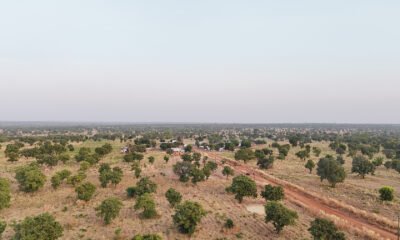News
Create new jobs rather than dismissing innocent workers – Bawumia to Mahama

Flagbearer of the New Patriotic Party (NPP) in the last elections and former Vice President, Dr.Mahamadu Bawumia has expressed disappointment over what he describes as worrying development in the country.
In a statement yesterday, Dr.Bawumia criticised the revocation of employment among others supervised by President John Dramani Mahama.
“There is no reset by repeating or escalating what may have happened in the past,” Dr Bawumia added.
Read full statement below
WORRYING DEVELOPMENTS IN OUR COUNTRY: AN APPEAL TO H.E. PRESIDENT JOHN MAHAMA – DR BAWUMIA WRITES
This statement is released against a personal vow I made since leaving office. I made a personal affirmation to allow our new President and his government to get the needed space to get a hold of things and settle down quickly to tackle the important business of governance, and by extension nation building. Having been Vice President for the past eight years, I have come to appreciate the enormity of the task; a task that requires that those entrusted with the responsibility of governance, especially the President, get the needed support and composure to implement their vision for the betterment of our dear country.
Unfortunately, I need to speak up on recent developments that pose significant threats to our democracy. To look away whilst these ills persist is to abandon my responsibility to remind President Mahama and his government of the overriding duty to live by the democratic tenets envisioned in the 1992 Constitution and do justice and “right to all manner of persons”. When Ghanaians voted for change in the 2024 general elections, it manifested the desire to continue with national development, albeit with different people at the helm of affairs. It was within this spirit that I gave an early concession speech, urging all Ghanaians to support our new president as he attempts to make his contribution to the cumulative progress successive governments have chalked over the years.
Since the assuming office, however, the government of President Mahama has pursued a series of actions targeting Ghanaians who were legitimately employed during the previous administration. It is ironic that a party which campaigned on the wings of jobs for all Ghanaians is arbitrarily dismissing the same Ghanaians, rendering them jobless, just because a different government employed them to put their talents to bear on the nation’s development and earn income to cater for themselves and their families.
The least a party that campaigned on jobs could do under conditions of unemployment is to also innovate and create jobs rather than dismiss people.
Regrettably, these dismissals have been extended to directors who are public servants and not politicians. In some of the cases, the only reason for dismissal was that the persons whose livelihoods have been destroyed are known to or related to politicians as if to suggest that they cannot live independent professional lives, however qualified they are. There are also reports of government’s intention to terminate the appointments of persons performing critical jobs such security personnel, nurses, and teachers simply because they were appointed during the tenure of the previous administration. That will be most unfortunate.
Furthermore, there is a general atmosphere of insecurity with attacks on journalists, the use of our military to raid the homes of former government officials and communities, as well as mobs attacking innocent individuals and state institutions. This is rather reminiscent of a military takeover and not a peaceful democratic transition. These are certainly worrying times for our democracy, and the earlier action is taken to protect institutions and democratic practice, the better it would be for Ghana’s forward match.
Ghanaians understood the promise of change to mean discarding the ills associated with the governance of our nation since 1992 and also an opportunity to show the way for future governments. There is no reset by repeating or escalating what may have happened in the past. Therefore, I call on His Excellency President Mahama to be a president for all Ghanaians by putting a stop to these developments, reversing the unfair dismissals, and protecting all our citizens.
We must advance our democracy.
We must protect our state institutions.
We must uphold our Constitution.
Ghana can do better. Ghana must do better!
Thank you
News
Mrs Dotse-Ametsi installed as Devt Queen
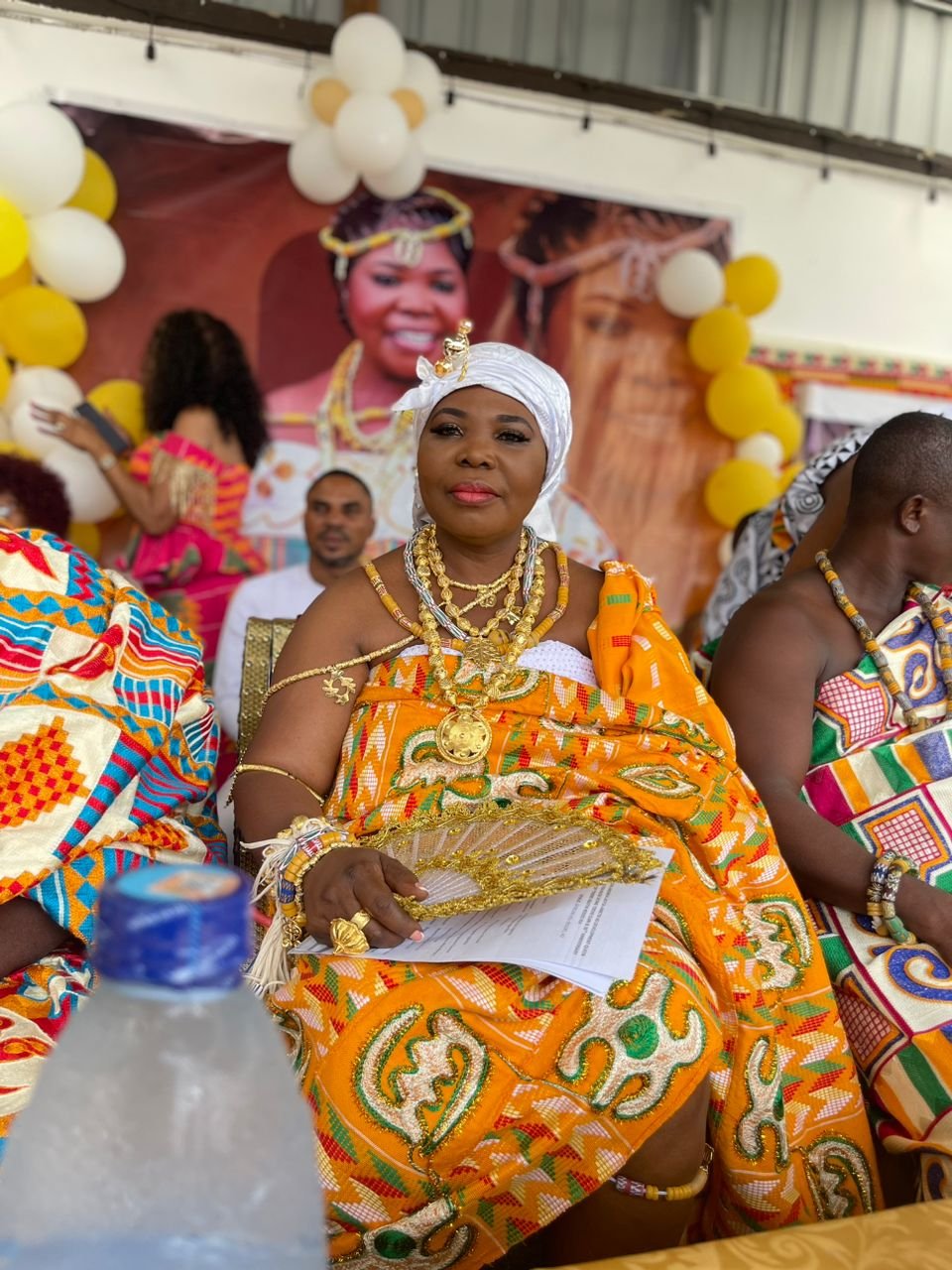
The Dome-Tsevie clan of Abutia-Kloe in the Ho West District of the Volta Region last weekend outdoored Mrs Joycelyn Akorfa Dotse-Ametsi as a Development Queen.
The ceremony which attracted traditional, political and business executives among others had Mr Bernand Mornah of the People’s National Convention Party as the special guest of honour.
Mrs Dotse-Ametsi with the ceremonial name of Mama Woe-Nenyo I, was tasked with liaising and spearheading development projects and educational reforms among others.
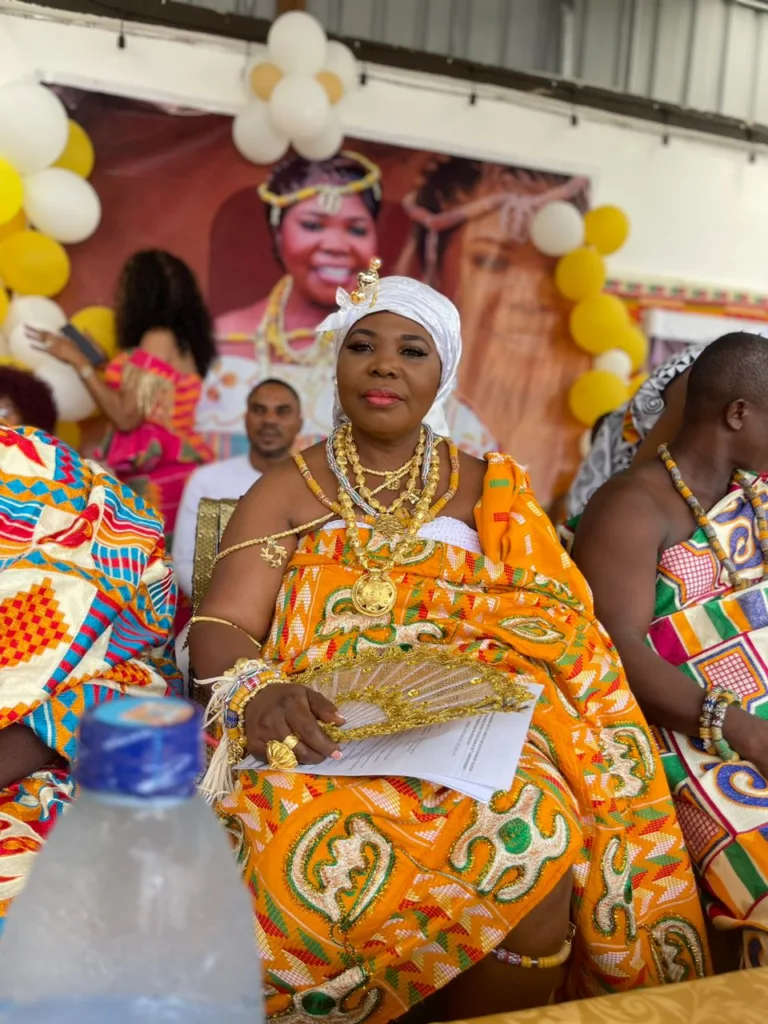

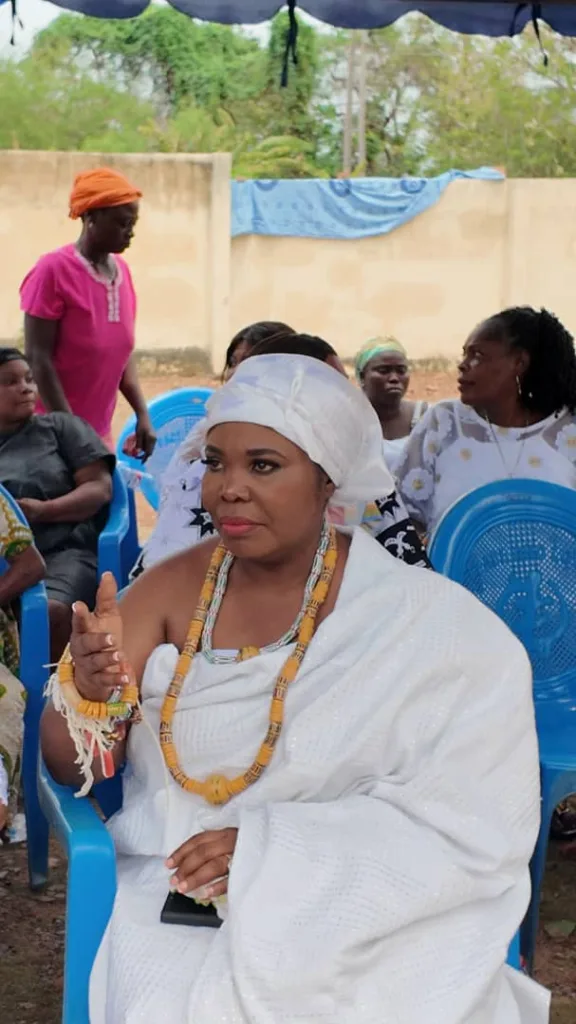

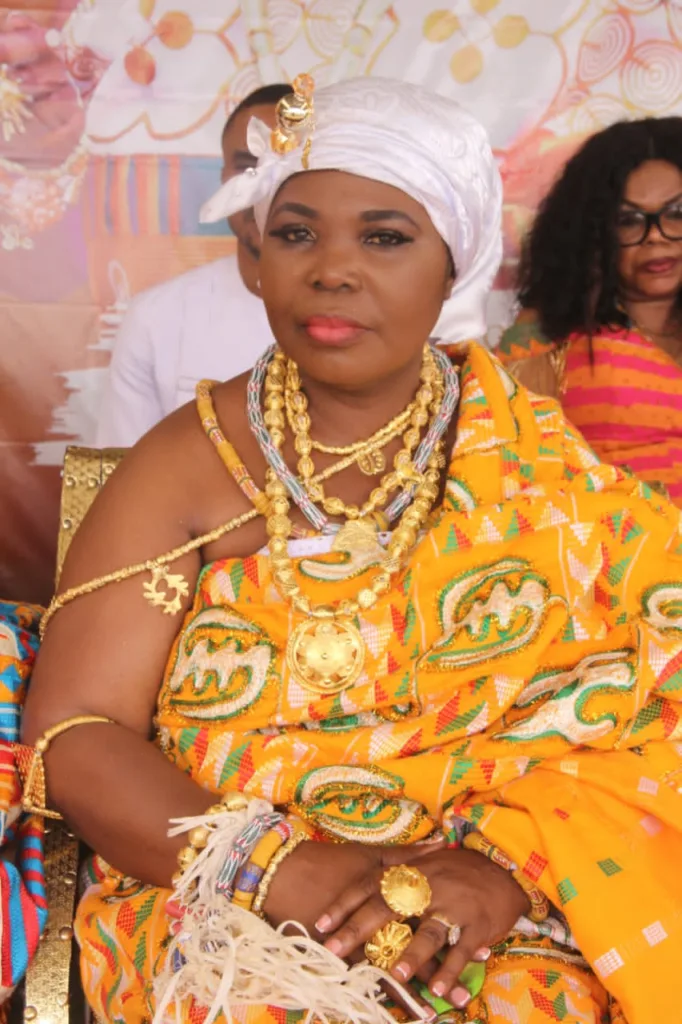


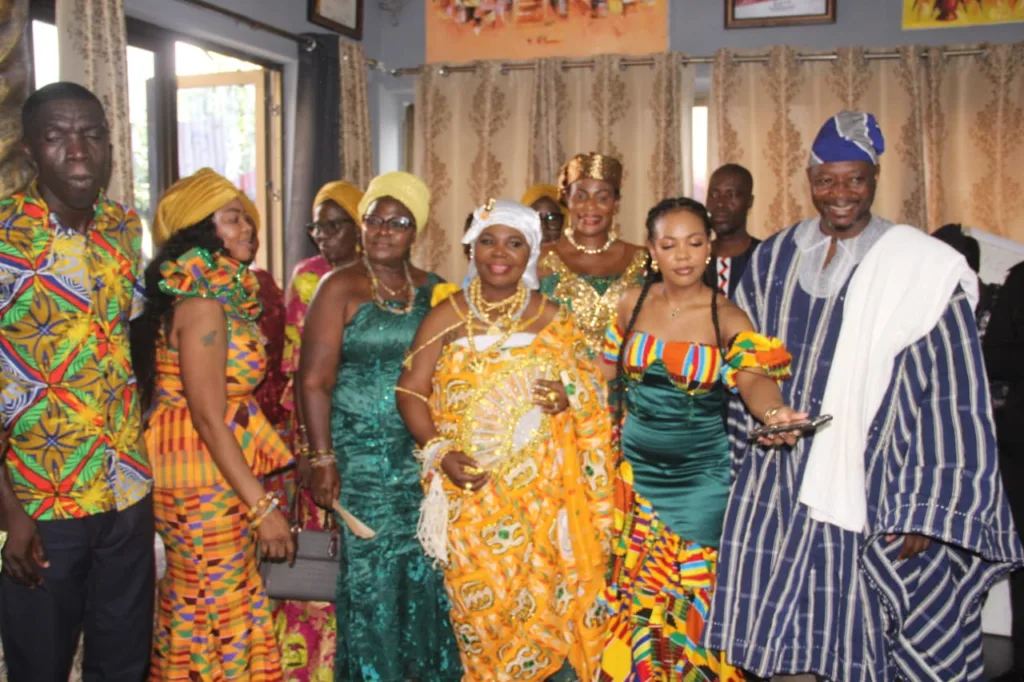
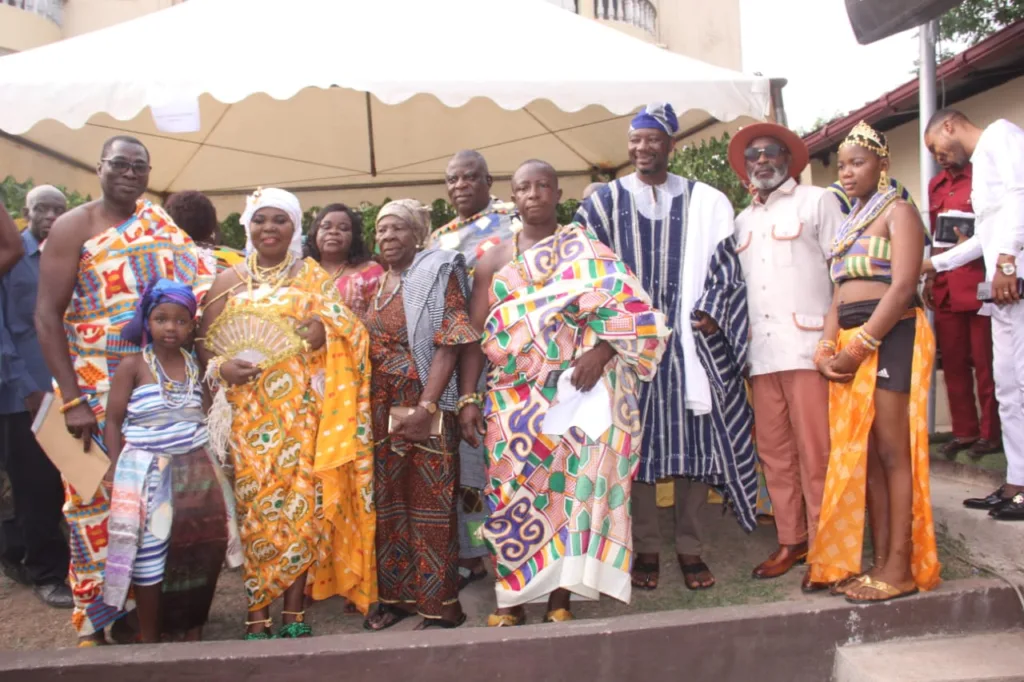
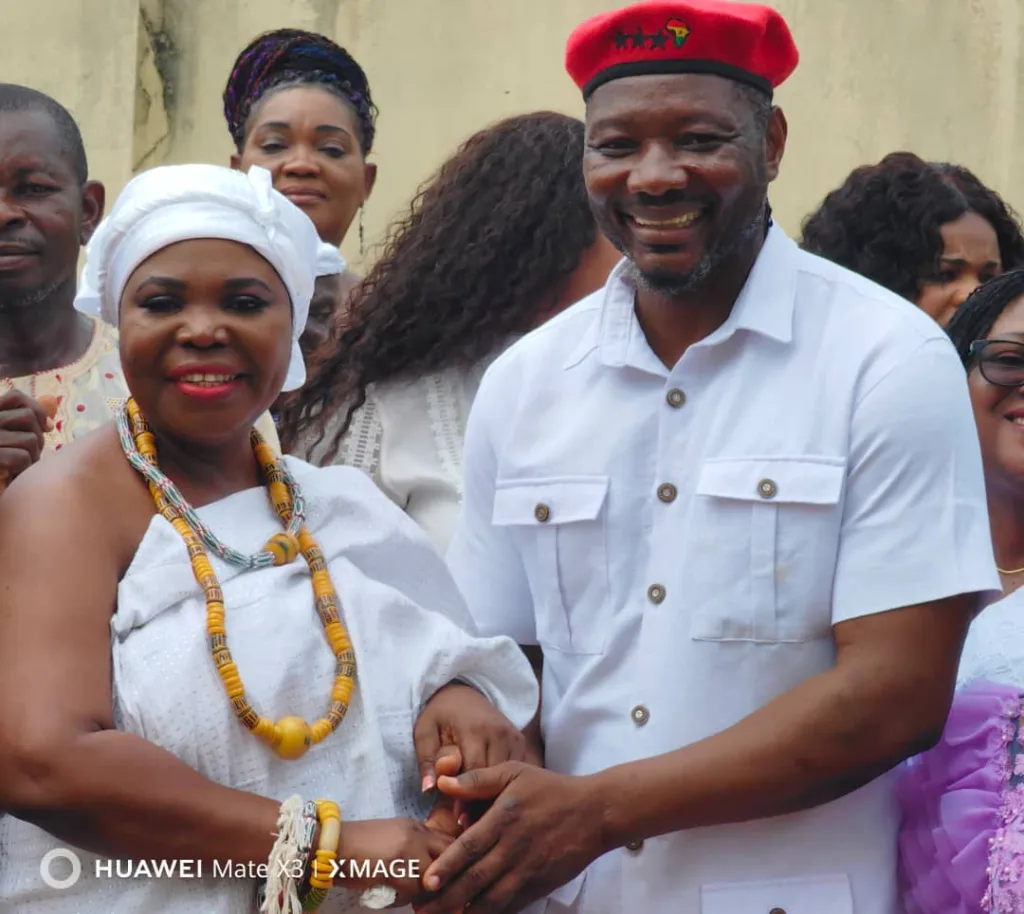

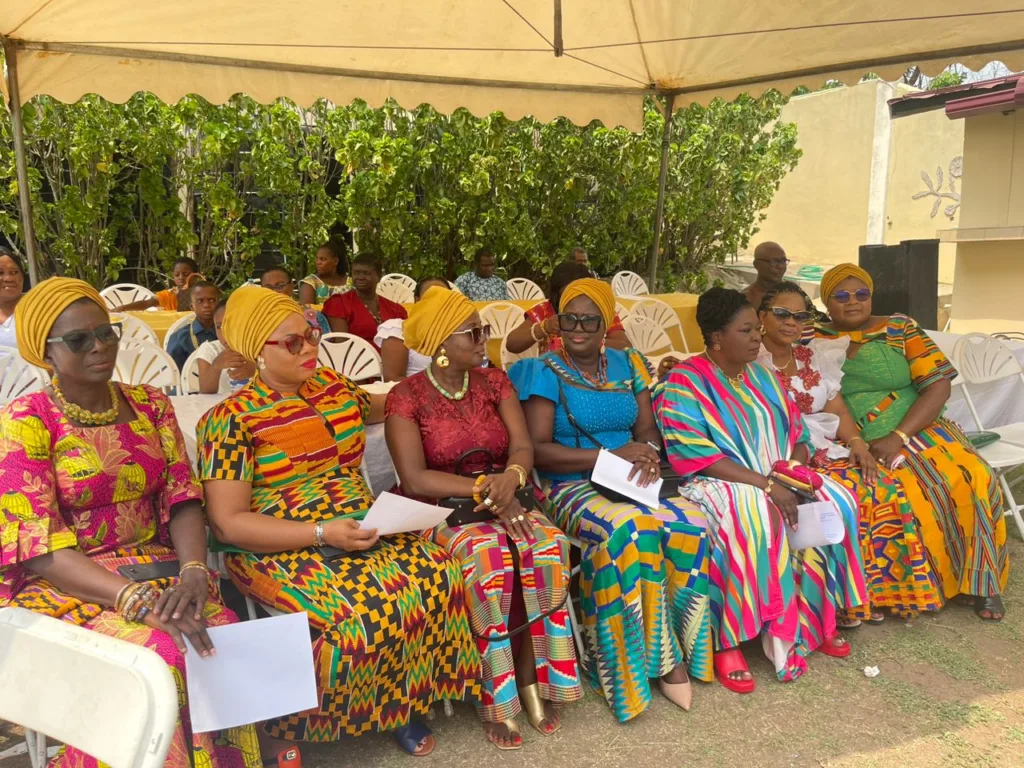
The ceremony also coincided with the 30 years anniversary of the death of Torgbe Abutia Kodzo XVI (ex-President of the Volta Regional House of Chiefs) who happened to be her father.
Mama Woe-Nanyo I promised to adhere to the promise and expectations her clan has in her and not depart from the honour and respect her father radiated during his reign.

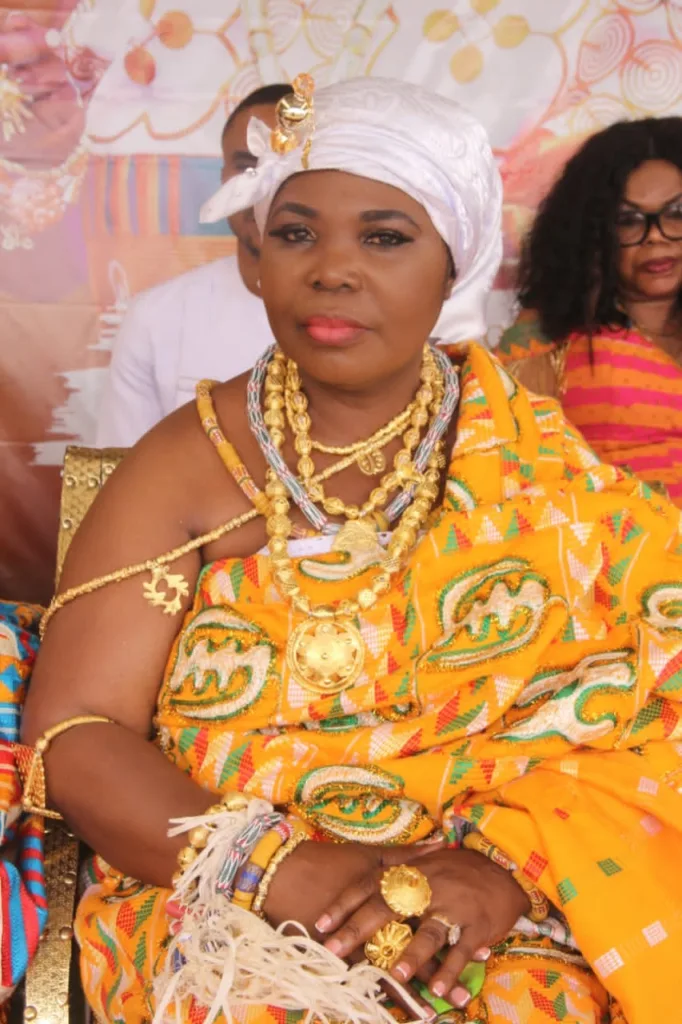
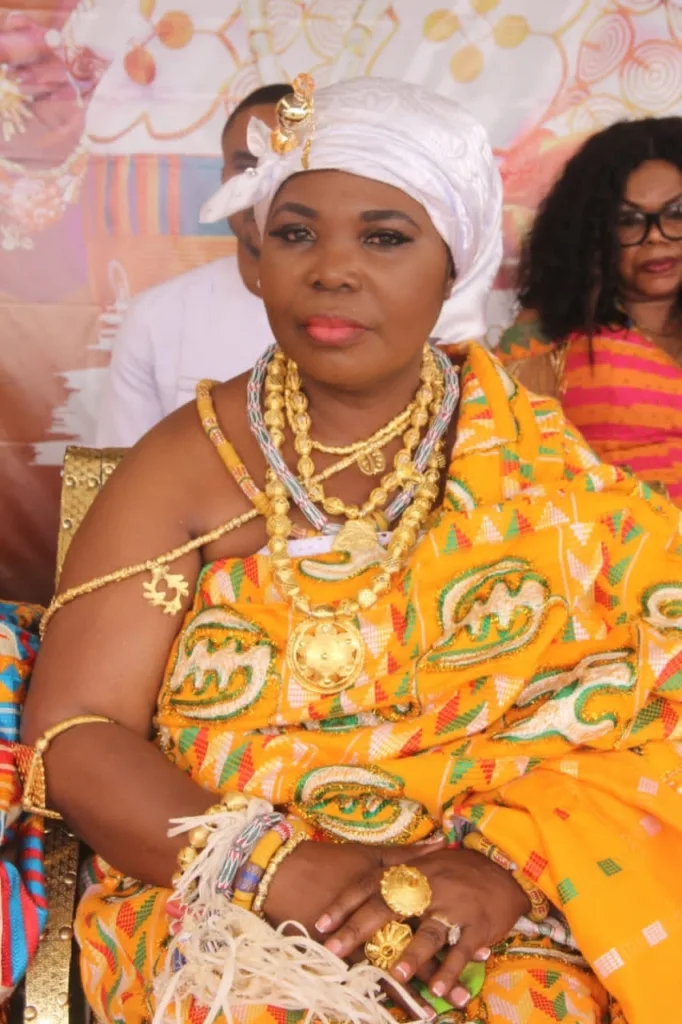
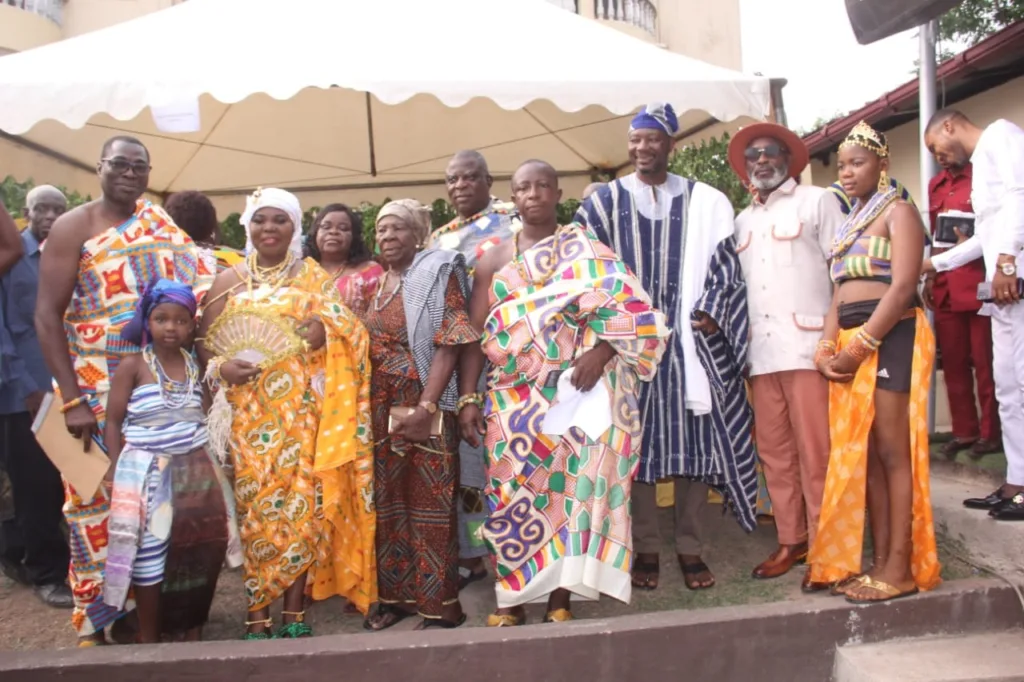
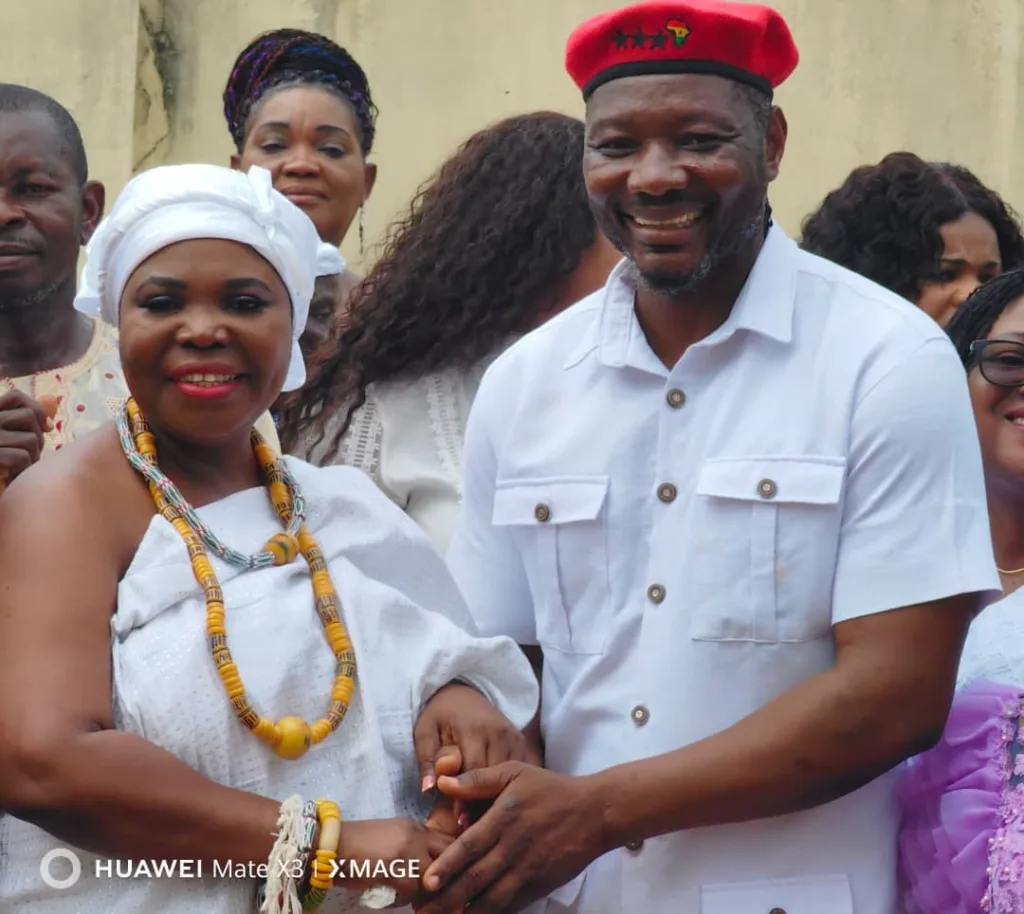

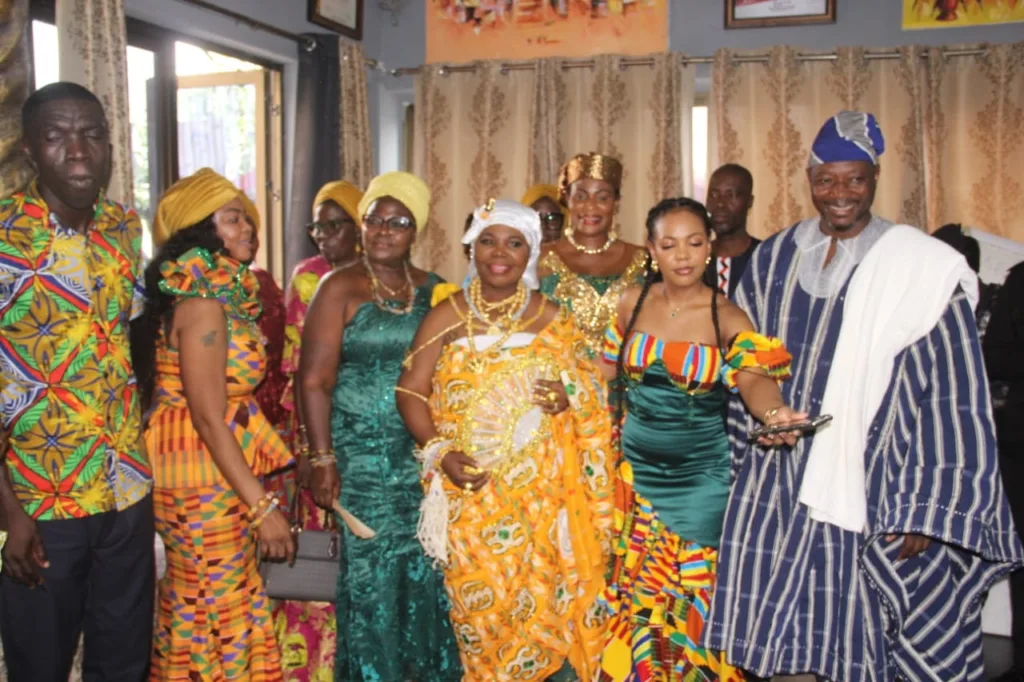
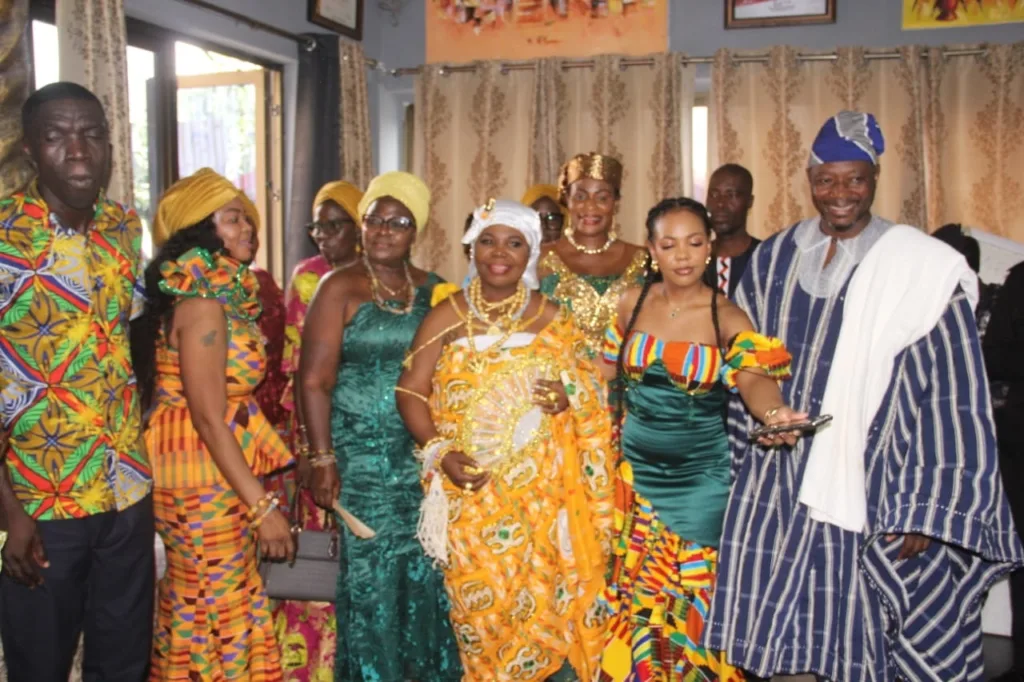
She called for the various clans of Abutia-Kloe to come together for the rapid development of Kloe and the Abutia Traditional Council.
News
The Golden Gift of the Savannah: The untold story of Shea Nut and Shea Butter
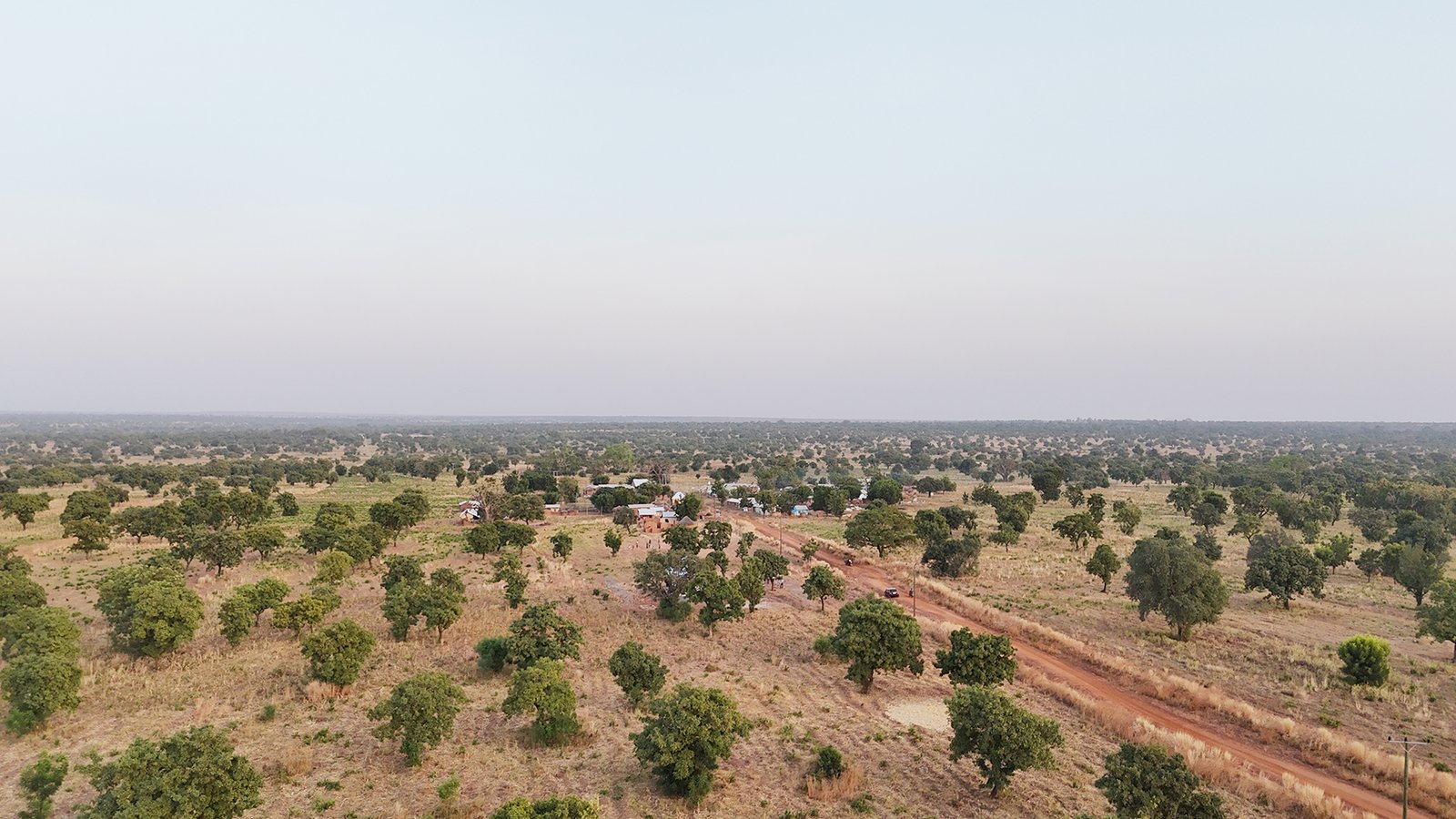
In the vast Savannah of Northern Ghana, where the sun ‘kisses’ the earth stands a tree revered for its economic and cultural significance – the shea tree.
For centuries, the shea nut plucked from this resilient tree, has been the lifeblood of countless women and communities, shaping economies, traditions, and futures across the northern regions of Ghana.
To many women, shea butter is not merely an ingredient in cosmetics and skincare.
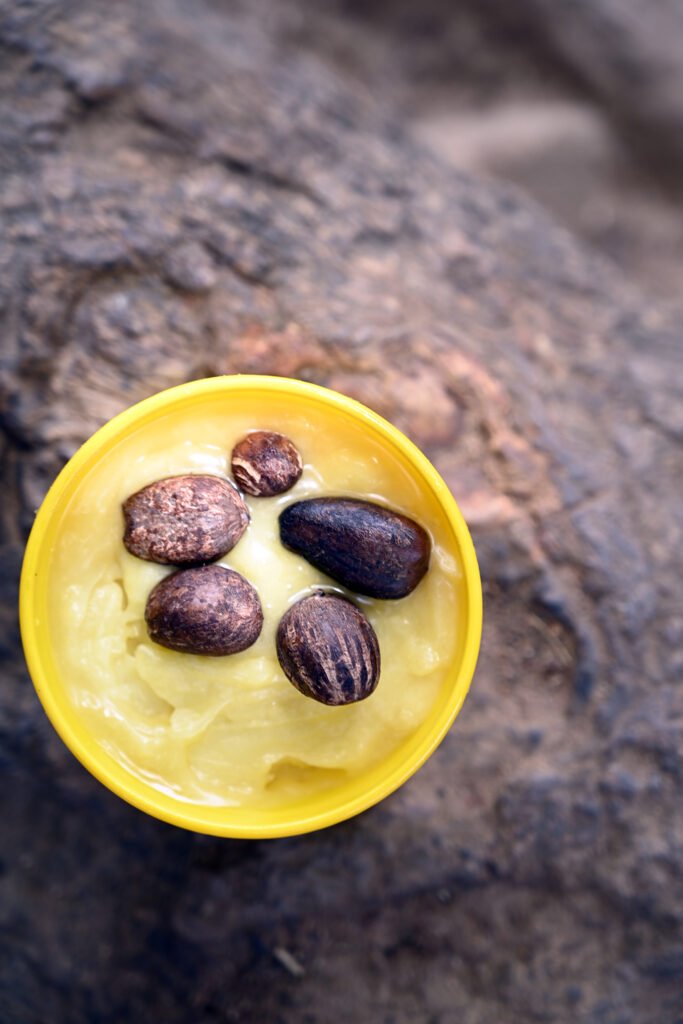
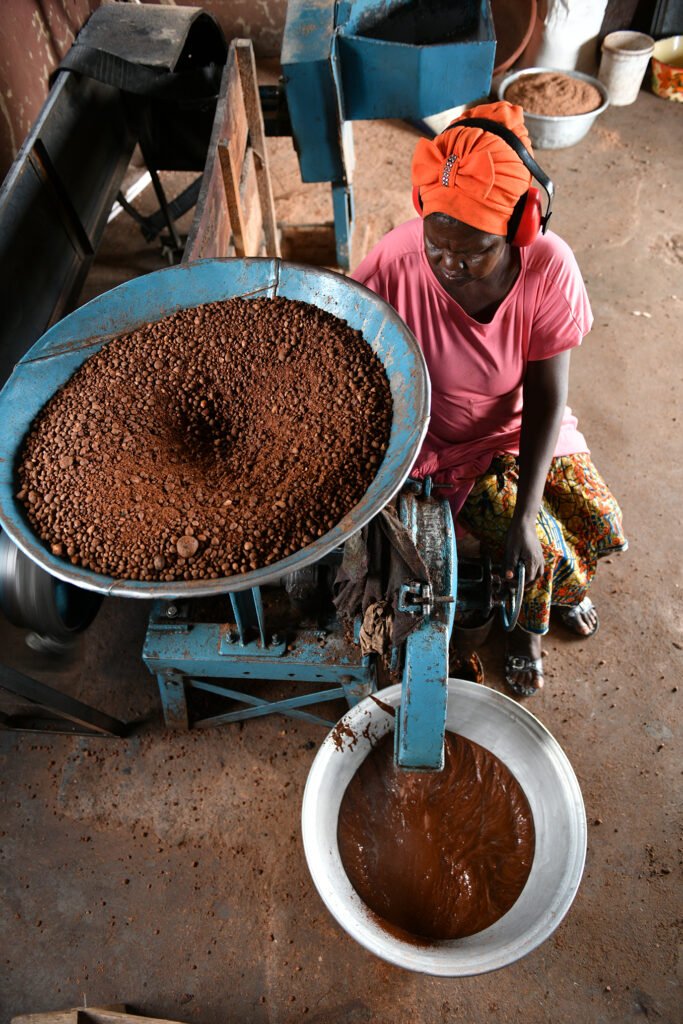
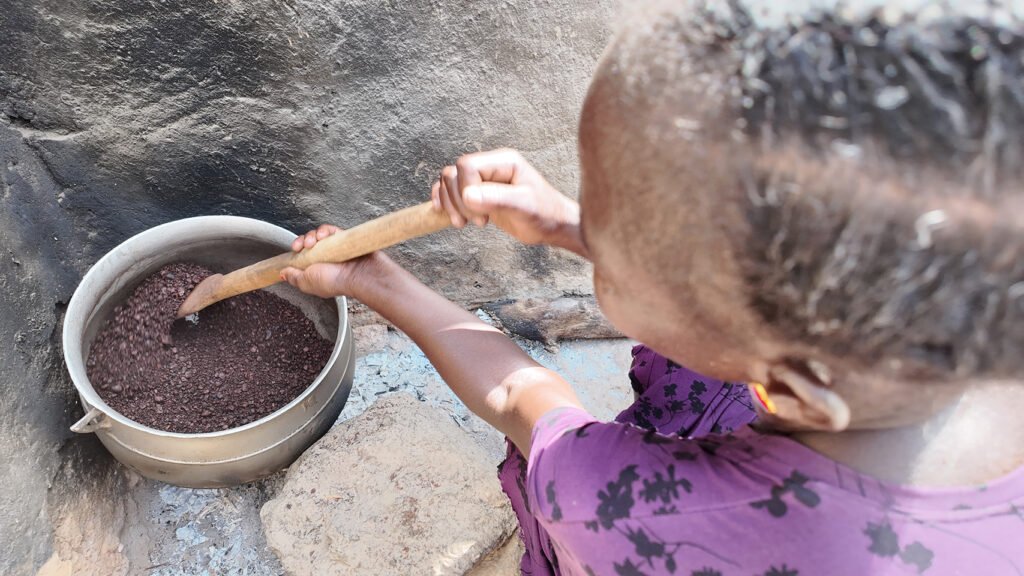
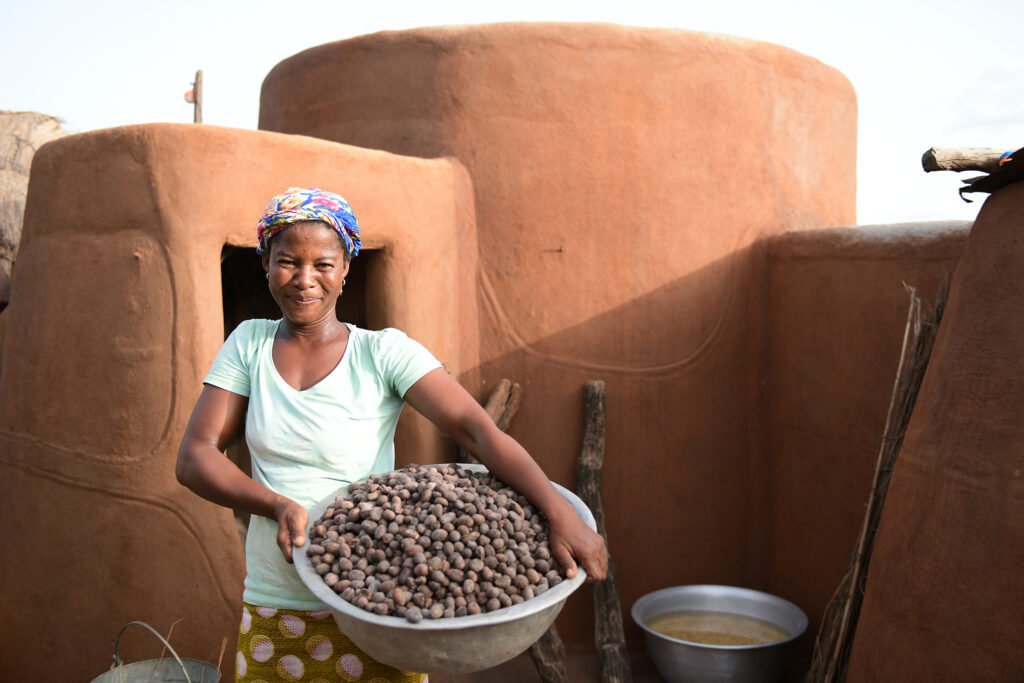
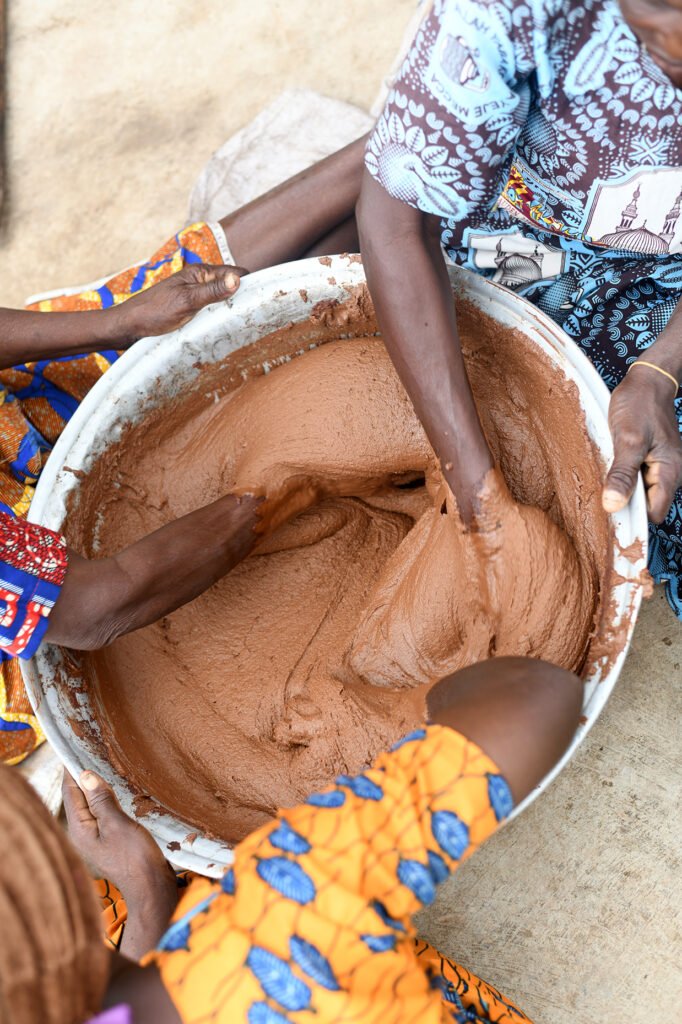
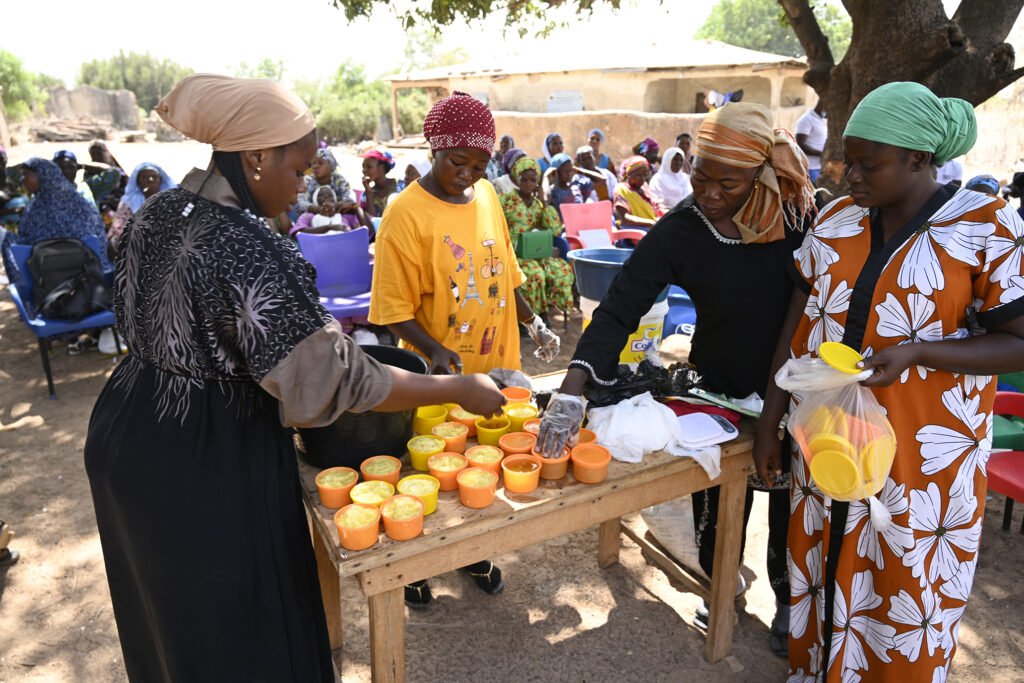
It is a symbol of resilience and economic empowerment. This golden treasure provides a sustainable income for women who painstakingly gather, dry, and process the nuts into a rich butter renowned worldwide for its healing and moisturizing properties.
Beyond its nuts, the shea tree produces a sweet, edible fruit packed with vitamins and nutrients. Its pulp is an excellent source of vitamin C, fiber, and antioxidants, which boost immunity, aid digestion, and promote overall health.
The fruit, often consumed fresh, serves as an essential source of nourishment for rural communities.
However, the journey from shea nut to shea butter is a laborious process requiring skill, patience, and sheer determination.
Women venture into the wild, walk long distances to collect fallen shea nuts.
After gathering, the nuts are boiled, sun-dried, and cracked open to reveal the kernels. These kernels are then roasted, grinded, and kneaded by hand until the oil separates from the solids, forming the smooth, fragrant butter which is now a staple in beauty and pharmaceutical industries, globally.
Shea butter is not the only valuable product derived from this remarkable tree. The shea nut also yields a highly nutritious cooking oil used traditionally in West African cuisine.
Rich in healthy fats, it promotes heart health and serves as a healthier alternative to palm oil and other cooking oils.
As global interest in natural and sustainable products grows, the demand for shea butter has surged.
Major cosmetic brands have embraced it as a key ingredient in lotions, hair products, and medicinal ointments, thanks to its high concentrations of vitamins A and E and anti-inflammatory properties.
Additionally, the food industry now recognises shea butter as a viable alternative to cocoa butter in chocolate production, further expanding its market value.
Yet, despite its growing international appeal, the shea industry faces significant challenges.
Climate change threatens the sustainability of shea trees, while middlemen and unfair pricing structures often limit the earnings of the women who produce the butter.
However, initiatives promoting fair trade, value addition, and sustainable harvesting practices offer hope for better economic returns for shea producers.
Organisations and cooperatives are working tirelessly to protect the shea tree and enhance the livelihoods of shea butter producers.
By introducing modern processing techniques, offering training programmes, and securing fair trade agreements, these efforts are ensuring that the legacy of shea butter continues to benefit local communities for generations to come.
Maria Johana Yuorpor, one of the women leading this transformation is a dedicated shea butter processor. For over a decade, she has championed quality production while equipping women with the skills to refine and add value to this ‘women’s gold.’
Maria’s journey into the shea butter industry was not one of mere chance but of deep-rooted passion and an unyielding commitment to uplift her community.
Growing up in a region where shea butter was a staple in homes used for cooking, skincare, and medicinal purposes, she witnessed firsthand its potential as a tool for economic empowerment.
Determined to make a difference, she immersed herself in intensive research and training, perfecting her craft to meet international standards.
Over the years, her expertise and commitment to quality production have earned her local and international recognition, shining a spotlight on Upper West shea butter.
According to Maria, the best shea butter comes from the Upper West Region due to the naturally rich and unpolluted environment in which shea trees flourish.
“The climate and soil here give our shea nuts a unique richness, which translates into high-quality butter with superior texture and moisturizing properties as well as the best way of processing it,” she explains.
Maria said, said when she begun understanding the importance of value addition, she started training women in her community on advanced processing techniques, including refining, packaging, and product diversification.
“Today, many of my trainees have expanded beyond producing raw shea butter to crafting soaps, body creams, and essential oils, all tailored for export markets”, she added.
To further enhance the shea industry and support women entrepreneurs, the Kosmos Innovation Center (KIC) among many organisations has stepped in with training and funding opportunities.
Mrs. Mercy Tuffour, Gender and Safeguarding Specialist in an interview said, KIC through their initiatives were training women on modern techniques in product formulation, branding, and market access, allowing them to elevate their shea-based businesses.
She emphasised the significance of these interventions: “We are committed to equipping women with the skills and resources needed to create high quality shea products that can compete in both local and international markets.
By adding value to raw shea butter, these women are transforming their livelihoods and securing better financial futures, where Northern Ghana becomes the hub of premium shea butter exports, driven by women entrepreneurs, she added.
She also advocated increased investment in shea butter processing facilities and seeks partnerships with global skincare and cosmetic brands to highlight Ghana’s superior shea butter.
As Maria Johana Yuorpor continues her mission, her story serves as an inspiration to many – proof that with passion, knowledge, and resilience, local resources can be transformed into global opportunities, changing lives one shea nut at a time.
Story/Photos from Geoffrey Buta, Nyoli, Upper West








